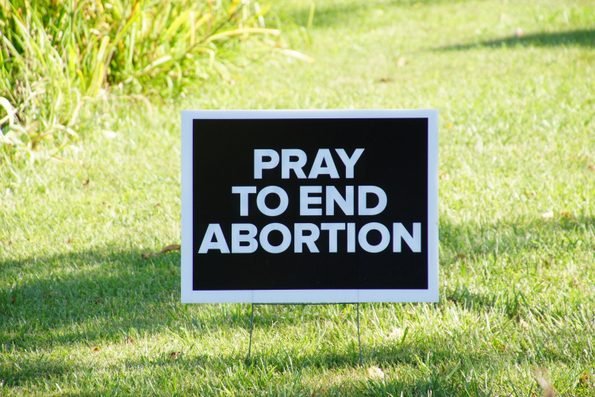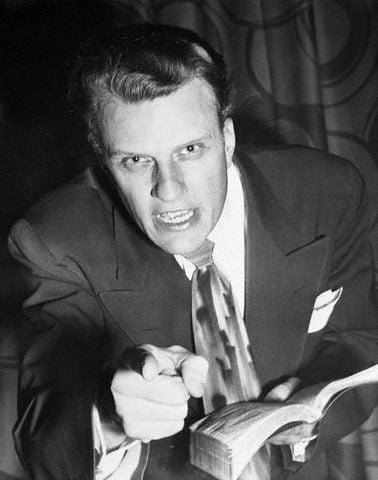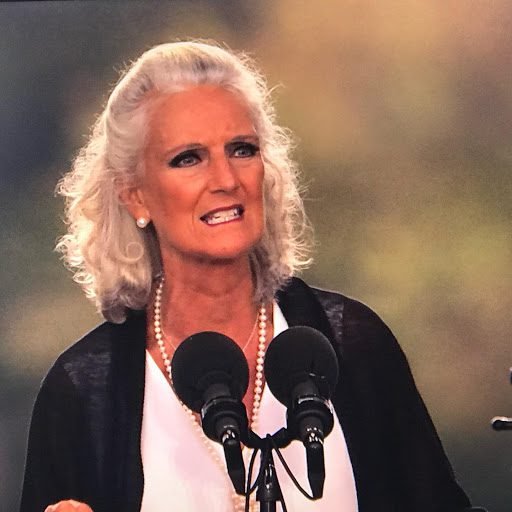
Much like every thinking American, I was struck with horror as the supporters of President Donald Trump stormed the Capitol, forcing Congress members to flee for their lives. I was sitting on the couch watching MSNBC when Polly left for work at 5:15 PM, and I will still there when she returned at 2:30 AM. Then both of us watched as Congress certified the election of Joe Biden and Kamala Harris, finally retiring at 4:00 AM.
I am sixty-three-years old. I have lived through Watergate, Vietnam, the killing of President John F. Kennedy, the 1968 race riots, the assassinations of Martin Luther King, Jr., and Bobby Kennedy, 9/11, and a host of smaller world-shattering events. None of these compared to what I witnessed yesterday happening in Washington DC. Perhaps time has softened how I view the effects of past events on my life, but in this moment, I thought our democracy was going up in smoke from a fire fueled by President Trump, Ted Cruz, Josh Hawley, and other Trumpist Republicans. In the midst of this nightmare, Raphael Warnock and John Ossoff won their congressional races in Georgia, giving Democrats control of the Senate for the first time since 2004. A glimmer of hope, to be sure, but not enough to assuage my palatable fear as I watched armed white supremacists, Nazis, militia members, and other right-wing extremists take control of our temple of democracy, making a mockery of the rule of law.
The events of January 6, 2021, taught us how quickly people can be caught up in mass delusions; how Hitler-like charismatic leaders such as Donald Trump can inspire millions of people to do despicable things. That many of these insurrectionists were Evangelical Christians, should not be ignored. It’s clear to me that one mass delusion helped fuel another. These same people believe that Christianity is under attack, there’s a war on Christmas, and secularists and atheists are out to take over “their” country. On prominent display were followers of QAnon; people who are at war with the deep state; people who believe the US government is controlled by baby-eating pedophiles. Throw in a plethora of anti-science beliefs, and the mob that took over the Capitol yesterday is beyond reason. Anyone who has tried to reason with such people knows that they are beyond reason and facts. If people can uncritically believe that a virgin had a baby, a man resurrected from the dead three days after died, and the Bible is the very words of God and every word in it is true, it is not hard for them to embrace irrational (and dangerous) political ideologies. About all else, we have a truth crisis. Tens of millions of Americans have already bought into alternative explanations for what happened on Wednesday, including believing that the insurrection was fueled by ANTIFA masquerading as Trump supporters. I have several family members who have already bought into alternative explanations for what happened. No amount of evidence or facts will change their minds. Jesus is Lord, Donald Trump is God, and Democrats and secularists are Satanic.
I have no doubt that more violence from Trump supporters lies ahead. It’s only a matter of time before one of these people shoots a prominent politician or a group of them kill people whom they believe are evil, anti-patriotic socialists or communists (even though most Trump supporters couldn’t rationally define these ideologies). I have proudly worn the atheist and Democratic socialist labels for years. Recent events have caused me to question whether it is safe to continue to do so. Trumpist locals by and large know me as an outspoken heathen and liberal. These people, including one family member, are armed to the teeth. If rabid Trump supporters can do what they did in Washington DC on Wednesday, it is not far-fetched to think that local white supremacists and militia groups might commit acts of violence here in America’s heartland. Recent events have me seriously reconsidering owning a firearm; if for no other reason than to protect me and my family from harm. “What if” has now become reality.
I call on Vice President Mike Pence and Trump’s cabinet secretaries to invoke the 25th Amendment and remove the President from office. Donald Trump provoked insurrection; a violent attempt to take over the U.S. government. While I am, in the main, a proponent of free speech, Trump has crossed the line, as have some members of Congress. They must be held accountable for their crimes.
If Trump’s cabinet is unwilling to do what’s right, Congress has the duty and responsibility to impeach President Trump. They cannot just “let it go.” Trump committed seditious acts against the Federal Government. Congress and the Justice Department must make sure that no future President can attack the pillars of American democracy with impunity. Doing nothing says to the American people that such behavior is okay; that attempting to violently overthrow the government is an accepted form of protest. It’s not, and that needs to be made clear to every American, especially those who are flag-waving Trump supporters.
It is evident that the insurrection was well planned and that some members of the Capitol Police Department helped to facilitate the takeover of the Capitol. These police officers must be prosecuted for their crimes against the American people. That so few insurrectionists were arrested is nothing short of scandalous. The various law enforcement agencies must immediately use all their available resources to identify those responsible for what happened on Wednesday and prosecute them to the fullest extent of the law.
It is also evident — as if we didn’t know this already — that there are two standards of justice in the United States. That thousands of white Trump supporters can take over the Capitol and only 53 people are arrested — mostly for curfew violations — while (for the most part) peaceful black protesters are met with overwhelming government-sanctioned violence shows how we are treated depends on the color of our skins. Imagine what would have happened if it were the supporters of Black Lives Matter who stormed the Capitol and took it over. Why, there would be blood flowing both outside and inside of the Capitol building. It’s time for thoughtful white people to understand that we have a systemic racism problem in America. I call on Joe Biden and Kamala Harris and the newly Democratic-controlled Congress to take immediate steps to put an end to violence against people of color. No band-aid approach. It’s time to make extensive, comprehensive, and just changes to virtually every aspect of law enforcement and the justice department.
While I want to believe that better days lie ahead, I do fear that our beloved country will spin into chaos if we do not firmly deal with the events of January 6 and then work hard to end the injustices that have plagued our country since its inception. It remains to be seen if President Biden, Vice President Harris, and a Democratic Congress are up to the task. Will we have four years of FDR or four more years of the same old shit, new day. The ball is in our court, Democrats. We have the power necessary to effect true, lasting societal change. And the first thing Senate Democrats must do is return majority rule to the Senate by eliminating the filibuster rule. This is your time Democrats. Don’t squander it as you did during President Obama’s first two years in office. Your actions will show whether or not you have the courage of your convictions; whether you are willing to put the American people first.
Bruce Gerencser, 68, lives in rural Northwest Ohio with his wife of 47 years. He and his wife have six grown children and sixteen grandchildren. Bruce pastored Evangelical churches for twenty-five years in Ohio, Texas, and Michigan. Bruce left the ministry in 2005, and in 2008 he left Christianity. Bruce is now a humanist and an atheist.
Your comments are welcome and appreciated. All first-time comments are moderated. Please read the commenting rules before commenting.
You can email Bruce via the Contact Form.









